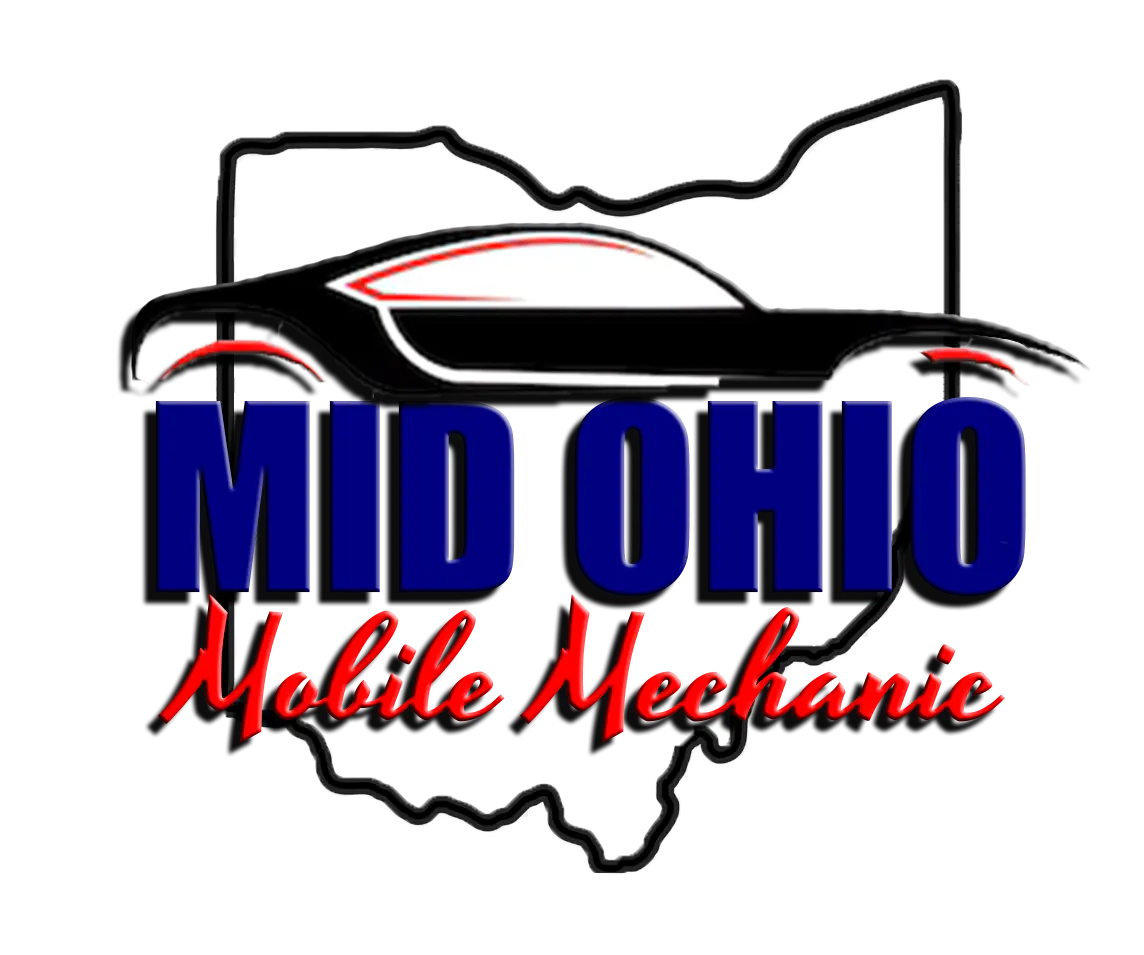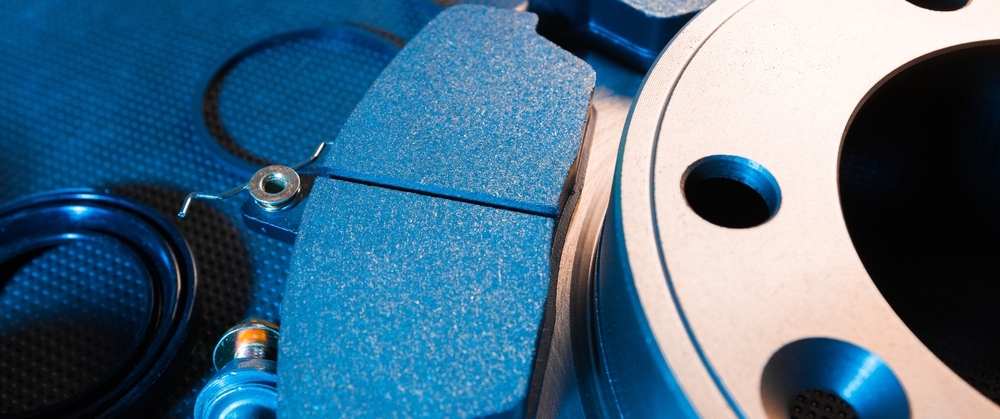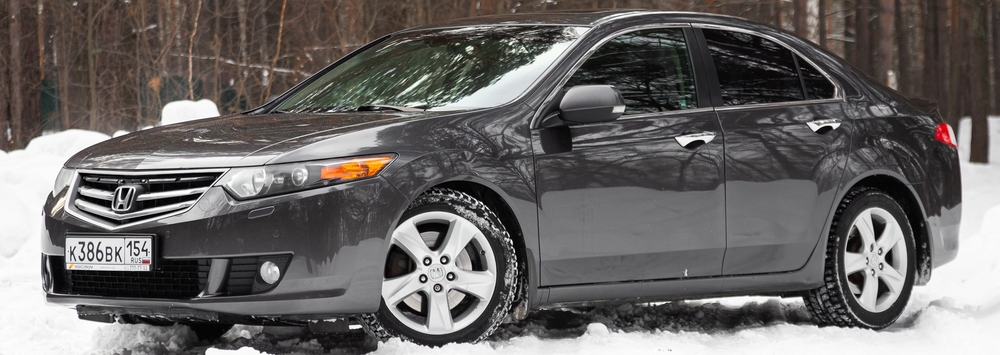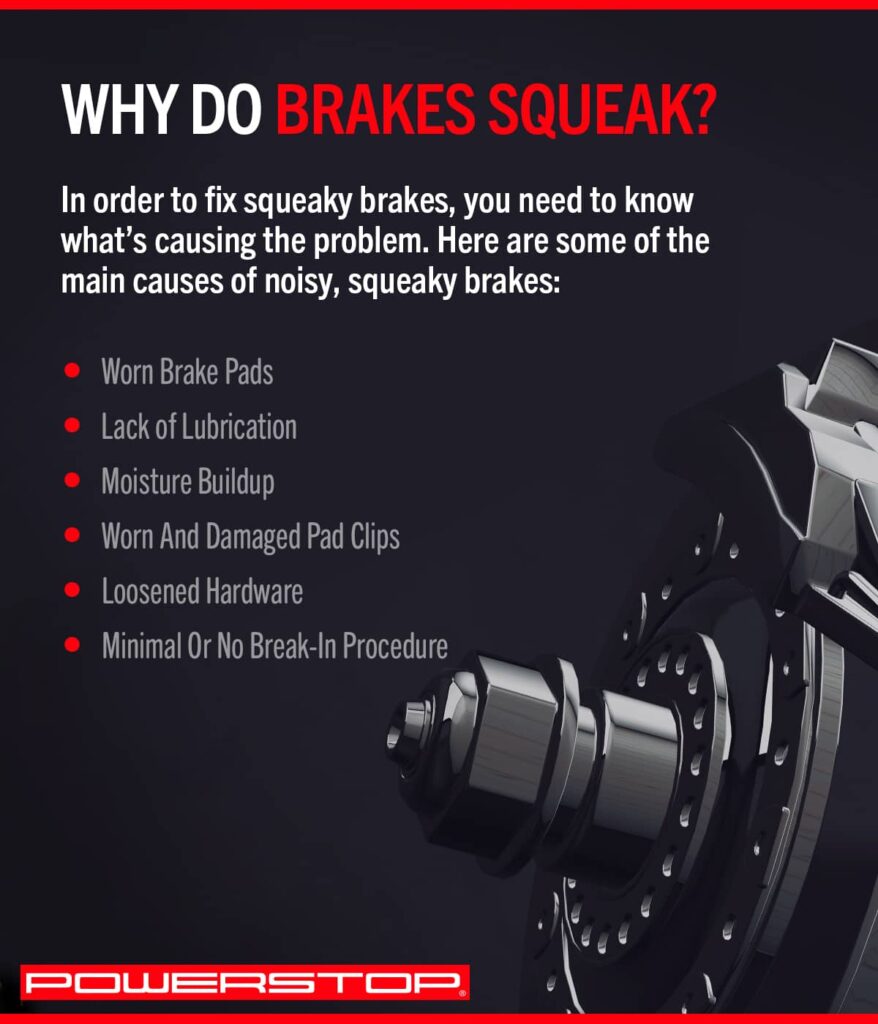What are your car’s brakes are trying to tell you when they squeak, shake, and go spongy?
Because of the important role your brakes play in keeping you and other drivers safe on the road, even common brake problems can be dangerous. That’s why it’s important to be able to notice the symptoms of common brake problems and to be able to identify what those symptoms may mean.
So, let’s discuss what causes brakes to not work well. We’ll cover what causes your brakes to slip, what causes a sinking brake pedal, what causes your brakes to squeal, and so much more.
If troubleshooting brake problems isn’t your cup of tea, go ahead and give the professionals at Colony One Auto a call. We provide quality brake service that’s backed up by our highly rated car repair warranty.
Symptom #1: Squealing and squeaking noises
Perhaps the most common brake problem we see (and hear) involves squeaking, squealing, and even grinding brakes. More often than not, when your brakes are talking to you this way, they’re telling you to check up on them.
Primary cause: Worn brake pads and shoes
If you hear grinding, stop driving. That likely means you’ve worn your brake pads down to a nub. Even driving for a little bit longer could cost you hundreds of extra dollars.
Brake pads aren’t meant to last forever, but if you got stuck with cheap brake pads, they will begin to squeak at you sooner rather than later.
However, high-quality brake pads come with an “indicator” (a small piece of metal) that tells you your pads need replacing soon by squeaking as you drive but not as you brake. When exposed by brake pad wear and tear, the indicator will slide along the rotors, and you will hear a squealing, metal-on-metal noise which is telling you to replace your brake pads.
Your car’s brakes may also make grinding/scraping noises when:
- Your car’s rotors are rusted (most common if you leave your car outside for extended periods)
- A rock has found its way into the caliper unit or next to the rotors.
Symptom #2: Spongy or sinking brake pedal
When you press down on your brakes, you are used to feeling a little resistance from the pedal. However, if something is wrong with your brake system, then you may have the disconcerting experience of feeling your brake pedal either sink straight to the floor or offer up only weak, soft, spongy resistance.
Primary cause: Low brake fluid/Contaminated brake fluid
When you press down on your brake pedal, that action should affect your brake fluid, causing it to increase its hydraulic pressure on the brake caliper.
If you are low on brake fluid because it has leaked out, or if your brake fluid is contaminated with air (making it less able to withstand high pressure), then you will receive less resistance when pushing down the pedal, and the remaining brake fluid will put less hydraulic pressure on the brake caliper.
For more information on brake fluid, check out our article: How Often Should Brake Fluid Be Changed?
A sinking brake pedal may also indicate:
- Damage to the brake lines which house your brake fluid.
- Wear and tear to brake pads
Symptom #3: Car pulls to the side when braking
You drive up to a traffic light and stop, only to notice that your car has pulled slightly to one side. The next time you stop, you notice that it’s done it again. In fact, you felt it happen. What might start as a small annoyance can become a big problem if you ever have to stop quickly while driving at high speeds.
Primary cause: Debris has caused one of your calipers to freeze up
Your car’s calipers apply pressure to bring your car to a stop. If enough debris, dust, or even rust build up on a caliper, the caliper can get stuck. The other calipers continue applying the same amount of pressure, but the stuck caliper does not, so your car begins to pull to that side.
Your car may also pull to the side when:
- The caliper slide pins are no longer lubricated properly
- A piston has gotten stuck in a bore (also due to buildup to dust and debris)
- Your tires are filled at different air pressures
- Poor wheel alignment
- Worn components in your suspension or in your steering unit
Symptom #4: Brakes + steering wheel shaking
You go to pick up your kids from school and notice that every time you brake your brake pedal and steering wheel begin to shake.
Primary cause: Worn rotors
Your car’s rotors go through a continuous cooling and heating process as you drive, which causes them to wear out over time. Specifically, all these changes (as well as external conditions) can cause hot spots, pad impressions, warping, and rust. These changes can be so small that you can’t see them with the naked eye. If your rotors are still thick enough, you may be able to have them resurfaced; if not, you’ll want to have them replaced.
Your car may also shake when you brake if:
- Your car has issues with its back brakes. Unlike front brake issues, rear brake issues will make it feel as if the whole car is shaking.
Symptom #5: Car bounces when braking hard
A cat darts out into the road and you slam down the brake pedal. The kitty is OK, but you noticed that your car “bounced” when you pressed down hard on the pedal. What could be the problem? Surprisingly it might not be your brakes!
Primary cause: Worn shock absorbers
It’s easy to assume that this bouncing feeling is a brake issue because it typically occurs when you’re braking but, in reality, that movement is likely caused by your shock absorbers showing their age.
Your car’s brake pedal might also bounce if:
- Your car is experiencing issues with worn out rotors (see symptom #4)
Experiencing one of these common brake problems?
Common brake problems can worsen quickly, taking you from, “huh, that feels weird…” to not being able to stop at all. Whether you’re beginning to suspect that your brakes may have issues or your brakes stopped working suddenly, we highly recommend taking your car in to have it checked ASAP.
Colony One Auto is one of the most trusted auto repair shops in Stafford, Sugar Land, and the Greater Houston Area. From performing your annual Texas car inspection to going over everything on your road trip car checklist, we take our job of providing quality car service and keeping you safe on the road very seriously.
Don’t let brake problems stop you from getting where you need to go. Contact Colony One Auto Center online or give us a call at 281-800-9209 today.
More Helpful Resources from Colony One Auto Center:
- Dealing with a Cracked Serpentine Belt
- What Color Should Transmission Fluid Be?
- What is a Tie Rod on a Car?
- Texas Emissions Testing
- Why Does My Key Get Stuck in the Ignition?
The post Top Symptoms of 5 Common Brake Problems appeared first on Colony One Auto Center in Stafford, TX.



